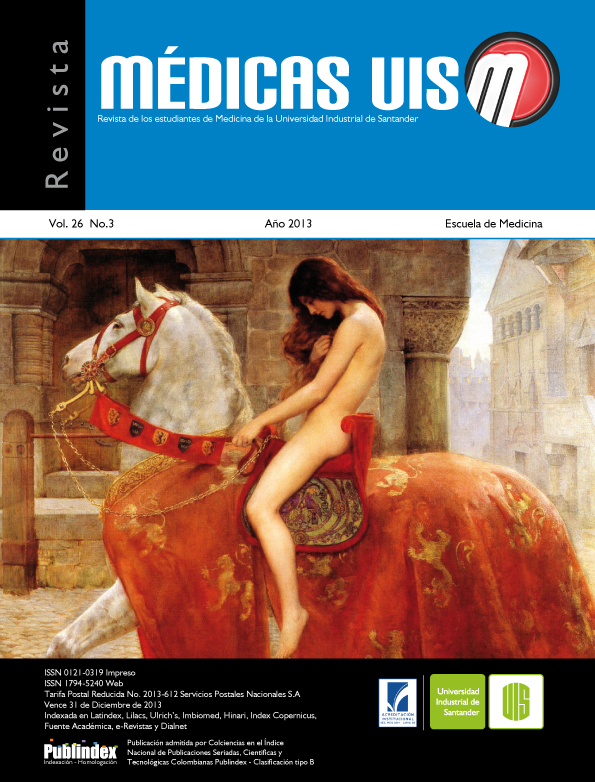Abstract
Introduction: Investigative thinking is a part of the integrality of medical reasoning and the concept of university. The low participation of medical students in research can be by a lack of motivation and scientifc formation. Objective: to consider the need to encourage the medical research in undergraduate students, the value of scientifc medical students associations and the impact in the development and scientifc quality of university. Development: the scientifc production is a measure of the impact and quality of universities, hence, medical scientifc formation must begin from the frst levels. The example of students linked to investigative processes can motivate other medical students to do it and the medical students’ scientifc associations are key in promoting the spirit of research in undergraduate students. Conclusions: the research be should encourage from undergraduate level complementing the integral medical formation. The medical students’ scientifc associations favor spaces that stimulate research processes. (MÉD. UIS. 2013;26(3):57-60)
References
2. Gonzalez A, Dominguez MV, Fabre O, Cubero A. Descartes’ influence on the development of the anatomoclinical method.Neurologia.2010 Jul-Aug;25(6):374-7.
3. Fragozo M, Guarín S, Rueda-Ochoa O. ¿Qué tanto investigan estudiantes de medicina durante el pregrado? In press 2013.
4. Nakpodia ED. The concept of the university as learning organization: Its functions, techniques and possible ways of making it effective.J Public Adm Policy Res.2009 Sept;1(5):79-83.
5. Universidad Industrial de Santander. Proyecto Institucional. 2000.
6. Zier K, Friedman E, Smith L. Supportive programs increase medical students’ research interest and productivity.J Investig Med.2006 May;54(4):201-7.
7. Gutiérrez C, Mayta-Tristán P. Publicación desde el Pre Grado en Latinoamérica: Importancia, Limitaciones y Alternativas de Solución.CIMEL.2003;8(1):54-60.
8. Díaz-Véliz G, Mora S, Bianchi R, Gargiulo P, Terán C, Gorena D, et al. Percepción de los estudiantes de medicina del ambiente educativo en una facultad con currículo tradicional (UCH-Chile) y otra con currículo basado en problemas (UNC-Argentina). Educ Med.2011;14(1):27-34.
9. McGee R, Keller JL. Identifying future scientists: predicting persistence into research training.CBE Life Sci Educ.2007;6(4):316-31.
10. Mayta-Tristán P, Peña-Oscuvilca A. Importancia de la publicación en las sociedades científicas de estudiantes de medicina del Perú: estudio preliminar.CIMEL.2009;14(1):27-34.
11. Bonilla-Escobar F, Bonilla-Vélez J, López-Castillo C. Investigación Médica Estudiantil: Perspectiva desde Colombia.CIMEL.2010;15(2):94.
12. Suárez J. SEIMED – UIS, una sociedad en pro de la cultura investigativa.MÉD UIS.2011;24(1):145-6.
